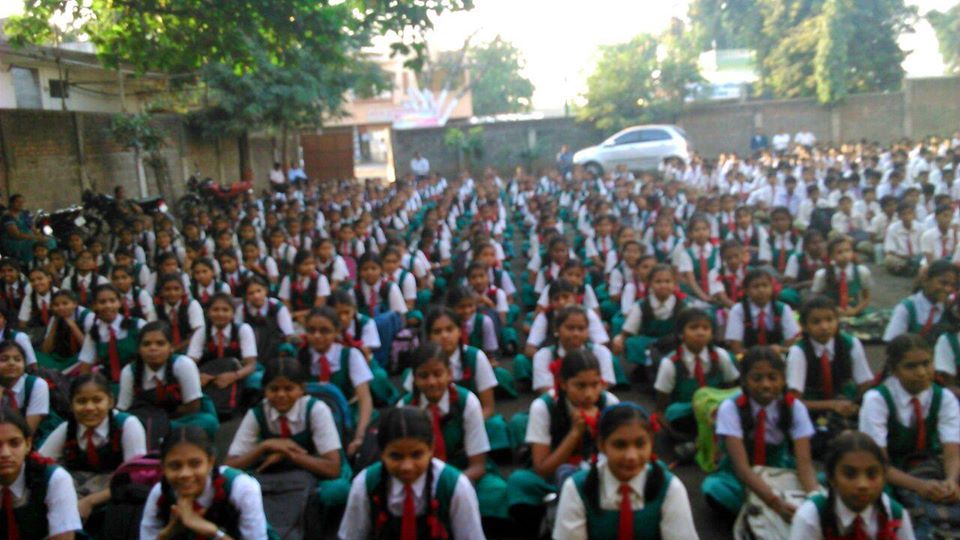Need:
Being a student is stressful, but trying to juggle school work and other responsibilities while experiencing mental illness can make it even harder. According to the research agencies worldwide, approximately one in five youth aged 13–18 live with mental health conditions and approximately 75 percent of people with mental health issues develop them prior to the age of 24. Mental health conditions can feel debilitating and scary, making some learners retreat inward rather than seek help. Students, parents, and educators looking for information can find many resources in this guide to help them live their best lives.
Many students feel fear when first recognizing a mental health issue within themselves, as they might not be able to figure out where it came from. Students who previously felt nervous during public speaking but suddenly experience overwhelming panic understandably struggle to figure out what changed. Factors such as significant life changes, politics, family, academic pressure, relationship issues, and money can all contribute to changes in mental health. Research also reports that exercise, sleep, and diet can help students feel better or worse, depending on how well they take care of themselves.
Another issue that hinders the performance is anxiety. With intense competition and peer pressure anxiety can be a normal part of childhood if experienced in phases, but students with continued symptoms often have a treatable anxiety disorder. Stress and anxiety hinder academic success more than any other non-academic factors. In addition to hurting concentration, both can lead to racing thoughts, poor judgment, and impaired memory. On the emotional spectrum, depression, agitation, and the inability to relax can result, leading to procrastination or, for some students, self-medication with drugs and alcohol. Anxiety and stress may also manifest themselves physically, causing students to suffer from nausea, rapid heartbeat, dizziness, and chest pains.
The mind, body, soul, and spirit are the components that, collectively, comprise and define our species. If we are sick or suffering, we must work holistically to completely heal. If we do not, we are missing the connection and, in all likelihood, will never reach our potential for wellness and vitality. If we do not consider the whole human being, we will most likely work to alleviate symptoms of a problem and never address the root cause.
The only way to fully heal and recovered from addictions, trauma, performance anxieties is a holistic program like the one we offer at Khush Multipurpose Society.











